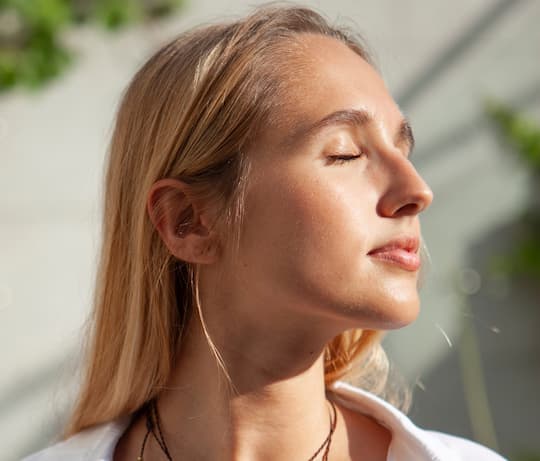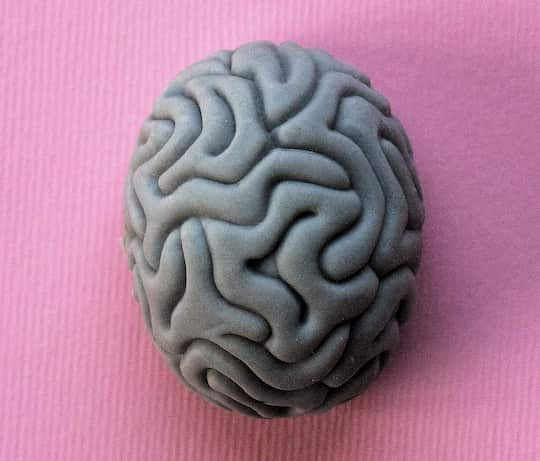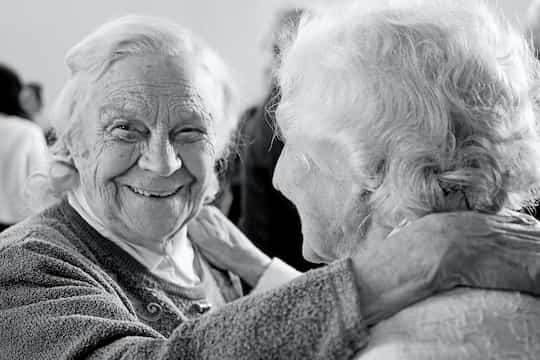Attempts to support others that are phrased in the wrong way can increase stress rather than decrease it.
Validating other people’s feelings is the best way to provide support when they are stressed, research finds.
For example, saying “I can understand why you are upset,” is a helpful response.
Implicit in this message is agreement with — and acceptance of — the person’s feelings.
Other examples of supportive messages that are effective include:
- “I’m sorry you are going through this. I’m worried about you and how you must be feeling right now.”
- “It’s understandable that you are stressed out since it’s something you really care about”
In contrast, saying “Just don’t think about it,” is not a helpful response because it denies the person’s feelings.
Saying this tends to minimise the other person’s emotions and can be experienced as critical.
Attempts to support others that are phrased in the wrong way can increase stress rather than decrease it, psychologists have found.
Ms Xi Tian, the study’s first author, explains:
“One recommendation is for people to avoid using language that conveys control or uses arguments without sound justification.
For example, instead of telling a distressed person how to feel, like ‘don’t take it so hard’ or ‘don’t think about it,’ you could encourage them to talk about their thoughts or feelings so that person can come to their own conclusions about how to change their feelings or behaviors.”
For the study, 478 married adults who had recently had an argument were recruited.
They then looked at a series of six potentially supportive messages and imagined how they would react to them.
The messages varied in how ‘person-centred’ they were.
In other words, some messages supported and validated their feelings, others did not.
For example, this is a message that does not validate a person’s feelings:
- “Nobody is worth getting so worked up about. Stop being so depressed.”
The results clearly showed that messages like this failed to improve marital distress.
Ms Tian expanded:
“In fact, those messages were perceived as dominating and lacking argument strength.
Those messages induced more resistance to social support, such that the participants reported feeling angry after receiving the message.
They also reported actually criticizing the message while reading it.”
In comparison, messages that centred on the person did make people feel better.
Professor Denise Solomon, study co-author, said:
“Another recommendation that can be taken from this research is that people may want to use moderately to highly person-centered messages when helping others cope with everyday stressors.”
The study was published in the Journal of Communication (Tian et al., 2020).









